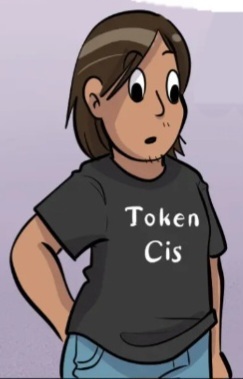“We never worried about not having a place to live or a job, or about being evicted. There were no worries or fears about our livelihoods and there was so much in the way of culture and recreation that was available most of the time at little or no cost.”
She said that “attempts were always made not only that you had a job but that it was the best job you could do and whenever possible a job you really liked.”
Zastrow explained that she disliked the technical aspects of her schooling, despite the fact that they were providing her with skills that were quite useable. “I love animals,” she said, “and really wanted to have a career working with them.” She described how “there were needs for everything in the GDR, for people who could do all kinds of things and they worked to get me a job that I loved, a job on a large agricultural dairy collective where I had such good times working with more than 300 cows!”



When the wall fell the GDR basically experienced Shock Therapy like the former Soviet union states. Everything was privatized, property was seized, safety nets were dissolved. Poverty became so rampant that children born during that time period exhibited stunted growth similar to children raised during famines.
most social structures in eastern germany were organized within the workplace, factories had film and music-clubs for example and all of that virtually disappeared overnight when those workplaces became privatized.